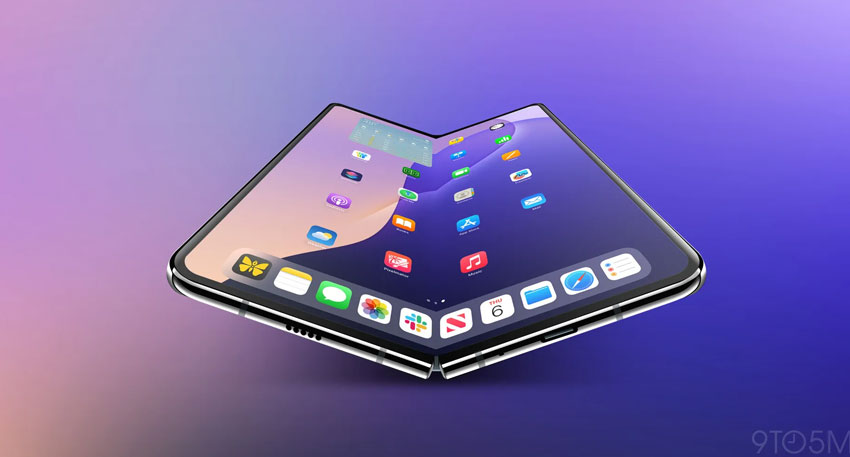
Improved Digestion
Warm water can help to stimulate the digestive system. It can break down food faster, allowing your stomach to process food more efficiently.
Relieves Constipation
Drinking hot water may help stimulate bowel movements and alleviate constipation by softening stool and promoting smoother digestion.
Soothing for the Stomach
Hot water may help soothe and relax the stomach muscles, reducing bloating or cramps. It can also help relieve discomfort caused by indigestion.
Detoxification
Drinking warm water increases body temperature and promotes sweating, which can help in flushing out toxins from the body, including the digestive system.
Relieving Gas and Bloating
Warm water can ease the discomfort of bloating and gas, making it easier for the body to expel air from the digestive tract.
However, it’s important to note that extremely hot water can damage the mucous lining of your mouth and throat, so it’s best to consume warm or mildly hot water rather than water that s too hot.
As always, individual experiences may vary, so it’s a good idea to listen to your body and drink water at a temperature that feels comfortable for you.
ideal Temperature for Drinking Water
Hot water doesn t necessarily need to be as hot as tea. The ideal temperature for drinking water is typically warm rather than scalding. If the water is too hot, similar to the temperature of tea, it can cause discomfort and even damage the tissues in your mouth or throat.
For optimal benefits to your stomach, it’s best to drink water at a temperature that s comfortable but still warm enough to aid in digestion and provide relaxation. Around 120–140°F (49–60°C) is a good range for warm water, which is typically warm enough for digestive benefits without being too hot to cause harm.
Tea is often consumed at temperatures within this range, but it s always important to let it cool down slightly after boiling before drinking to avoid any discomfort.
Why Cold Water is Not Always Beneficial for Human Body?
Cold water can be refreshing, but it may not always be the best choice for your stomach, particularly when it comes to digestion. Here’s how cold water can affect the stomach:
Slows Digestion
Drinking cold water may cause your blood vessels to constrict, which can slow down the digestion process. This can make it harder for your stomach to break down food efficiently, especially after a meal.
Potential Discomfort
Cold water can cause the stomach muscles to contract, which may lead to cramps or discomfort in some people, especially if consumed in large amounts or immediately after eating.
Impact on Digestion Enzymes
Cold temperatures may affect the enzymes in the stomach that are responsible for breaking down food, making the digestive process less efficient.
Increased Mucus Production
Some believe that drinking cold water might increase mucus production in the stomach or throat, which can lead to discomfort or a feeling of bloating, especially for individuals who are sensitive to temperature changes.
That being said, there is no one-size-fits-all rule. Some people may find drinking cold water refreshing and not experience any digestive discomfort. If you don’t have any issues, it s generally fine to drink cold water in moderation. However, if you’re aiming to promote smoother digestion or reduce bloating, warm water is usually considered a better option.




